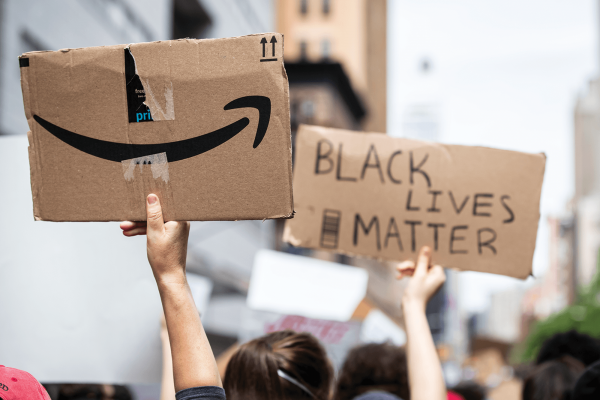THE LATEST FAD among some conservative pundits and propagandists is to bash corporate executives who use their positions to promote “politically correct” causes. They call it “corporate wokeness,” and they see it everywhere. However, this is not a new phenomenon.
In 1971, in the backwash of the 1960s, America was very much a country in crisis. Large swaths of our inner cities still bore scars left by the uprisings that followed the assassination of Rev. Martin Luther King Jr. A president elected on a promise to end the Vietnam War was widening it instead. Coca-Cola had the answer to all that trouble and strife. That year, the soda company assembled 500 young people of varied races and nationalities on a hilltop and filmed them singing, “I’d like to teach the world to sing in perfect harmony.” So “corporate wokeness” was born.
Twenty-nine years later, Coca-Cola paid millions of dollars to settle a federal court case accusing it of a historical pattern of systematically underpaying and otherwise discriminating against its Black employees.
In spring 2020, just a few days after a police officer murdered George Floyd, JPMorgan Chase CEO Jamie Dimon and Brian Lamb, the company’s global head of diversity and inclusion, issued a statement that “we are watching, listening and want every single one of you to know we are committed to fighting against racism and discrimination wherever and however it exists.” A week later, Dimon was photographed, with some bank employees, down on one knee in the Colin Kaepernick pose, presumably in an attempted display of solidarity.
Read the Full Article

